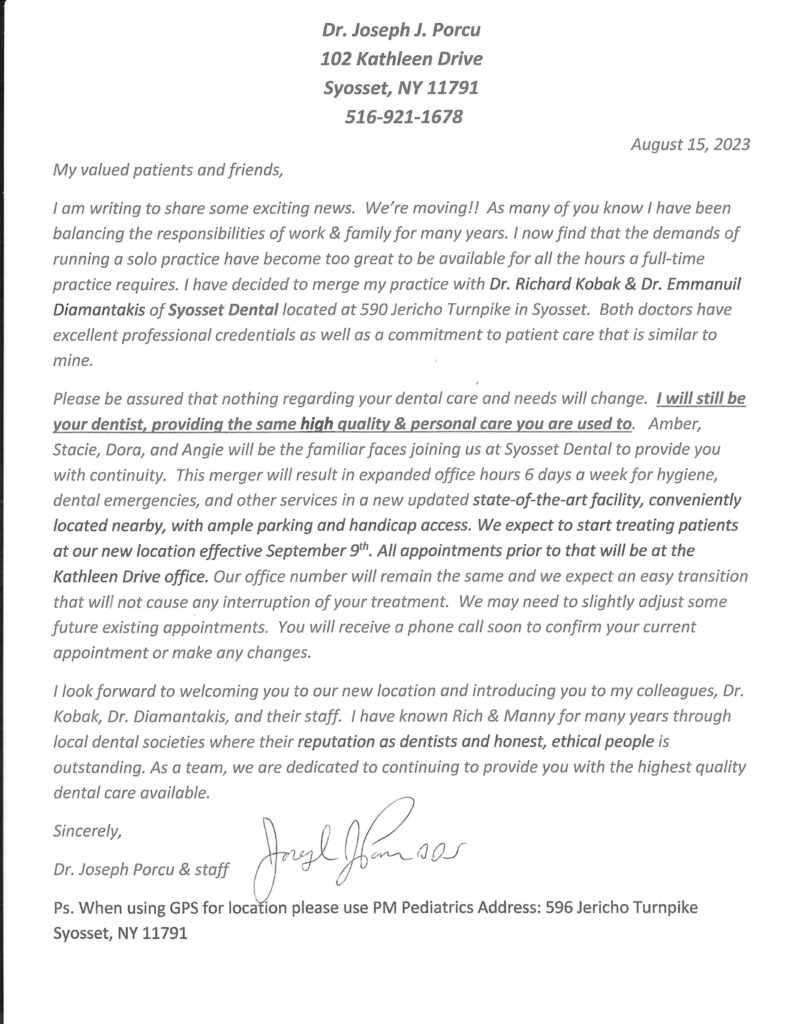 Dental emergencies can sometimes be scary. By their very nature, emergencies occur without warning, so even excellent dental health may not prevent an accident from damaging your teeth. They cannot heal themselves like other parts of your body (such as your bones), so any damage they incur must be addressed quickly to prevent further damage or infection. To save a compromised tooth, your dentist will first have to diagnose your dental emergency. Then, he can prescribe an appropriate treatment plan to restore the damage and alleviate your discomfort.
Dental emergencies can sometimes be scary. By their very nature, emergencies occur without warning, so even excellent dental health may not prevent an accident from damaging your teeth. They cannot heal themselves like other parts of your body (such as your bones), so any damage they incur must be addressed quickly to prevent further damage or infection. To save a compromised tooth, your dentist will first have to diagnose your dental emergency. Then, he can prescribe an appropriate treatment plan to restore the damage and alleviate your discomfort.
In Case of Emergency…
Cracked or fractured tooth
A traumatic injury to your tooth, such as a crack, fracture, or break, can cause immediate and sometimes severe pain. Because the tooth won’t heal itself, the pain can increase until your dentist treats it. For temporary relief, rinse your mouth with warm water and take an over-the-counter pain medication, such as Tylenol or Aspirin. Then, schedule an emergency dental visit as soon as possible to restore the tooth.
Abscessed tooth
An abscess describes a pocket of infection on or around a tooth’s root, below the gums. Tooth infection, or tooth decay, is progressive, and can often be treated before it causes intense discomfort. But when an abscess forms, your toothache can increase suddenly and severely, as well as pain in the gums and jawbone around it. An abscess should be treated immediately; besides the pain that it causes, it can also threaten your surrounding oral tissues with infection if it ruptures. Pain medication may offer temporarily relief, but do not rinse with warm water, which can exacerbate your toothache.
Avulsed tooth
An avulsed tooth, or knocked-out tooth, can be one of the most serious dental emergencies, as well as one of the most time-sensitive. In some cases, your dentist may be able to replant the tooth’s root in its socket, restoring your bite without needing a tooth replacement. If possible, recover the tooth and rinse it off carefully with warm water, taking care to only touch the tooth’s crown. Place it in a small container of milk and bring it with you to your emergency appointment. Rinse your mouth with warm water, as well, and if bleeding occurs, bite down gently on clean, moist gauze until it stops, or until you reach your dentist’s office.
Call Us if You Have a Dental Emergency
If you have a dental emergency, then don’t panic; call our office as soon as possible to schedule an emergency visit. Call Syosset Dental in Syosset, NY today at 516-433-2211 or 516-921-1678.











